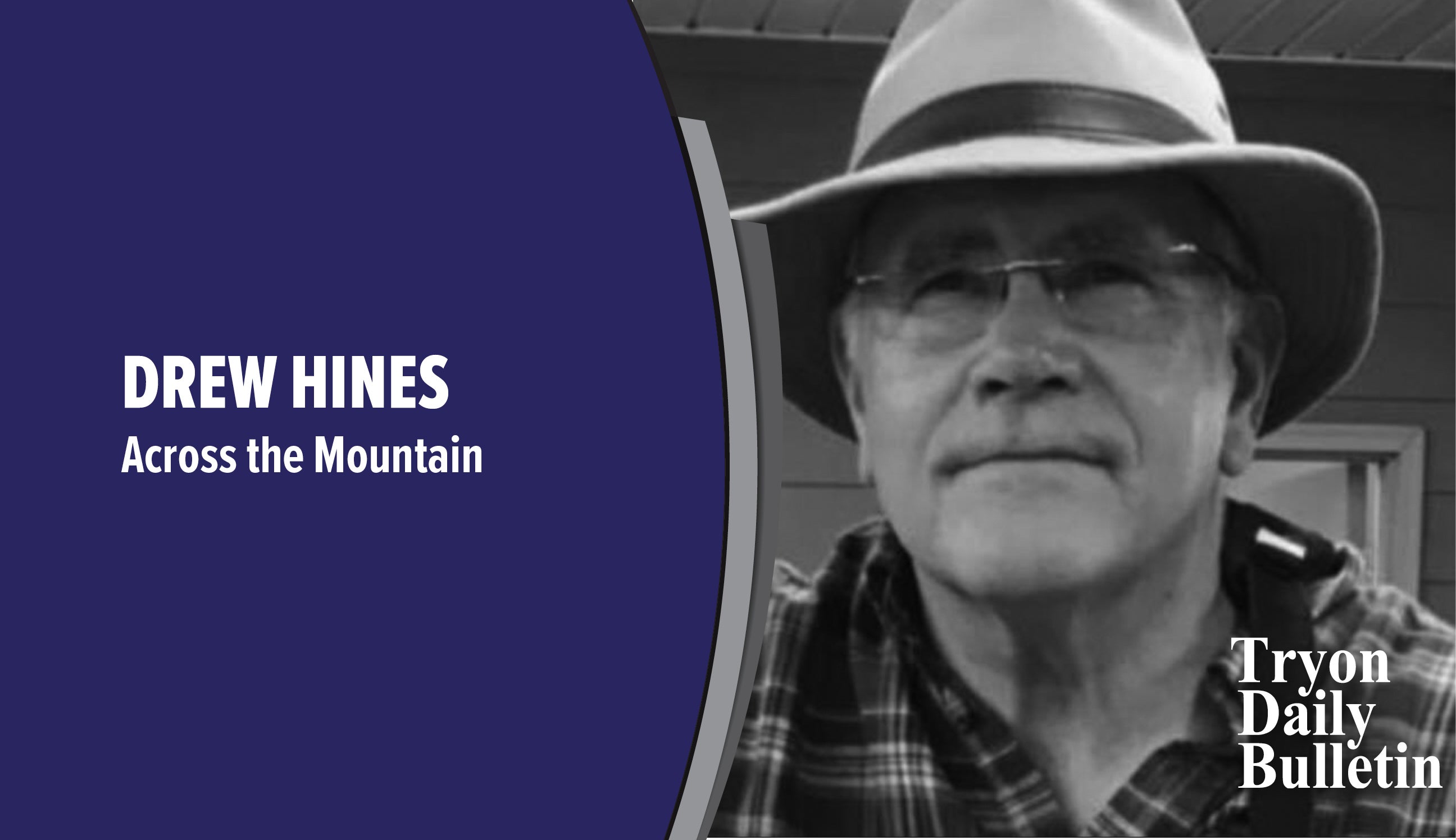Dental problems can cause horses to lose their balance
Published 5:51 pm Wednesday, May 15, 2013
One of the most common health factors that can have a pronounced effect on a horse’s ability to perform well is something most horse owners may never expect.
The actual cause of a drop in performance might be associated with how well a horse’s jaw structure is attached to its skull. Yes, a compromised temporomandibular joint (TMJ) can cause a horse to lose the ability to determine which way is down, according to trainer Lydia Juenger of Mill Spring.
When a horse is in flight over a jump, the single most important reference of orientation actually comes from the horse’s jawbones, she said. If the horse’s jaw alignment is out of kilter, the horse can become confused about their position to the world around them.
“Every piece of data flowing from all parts of a horse’s body, on its way to the brain, can be compromised by pain and other distractions in a horses TMJ,” said Juenger, who is also a certified equine sports massage therapist.
Other indications of an imbalanced TMJ can be seen when a horse has problems changing directions or navigating steep inclines. Horses that tend to lie down more often when they sleep may be suffering from a misaligned and often painful TMJ.
“We hear owners and riders often use the term ‘bridal lameness,’ when they describe their horse’s loss of performance, when the symptoms might very well be due to problems with the horse’s teeth and jaw structures,” explained Juenger.
To determine the actual cause of a misaligned TMJ, equine dentists study the condition of the horse’s teeth, gums and overall geography within the large cavern of a horse’s mouth.
Until around the year 2000, the practice of equine dentistry was filled with awkward procedures and long tools that relied on a dentist’s sense of feel, said Dr. David Zimmerman, D.V.M., a Landrum, based equine dentist.







